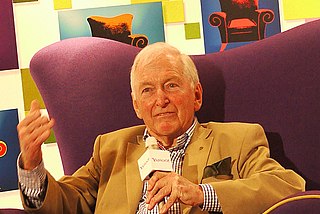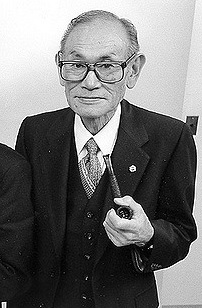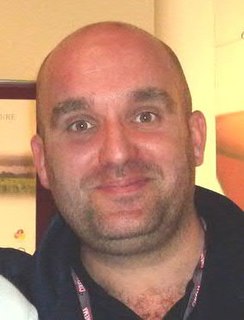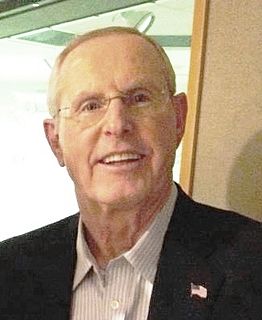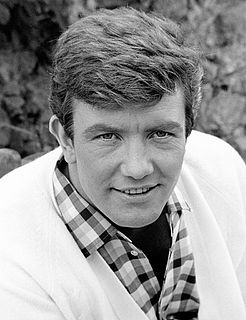A Quote by Graham Moore
Britain in 1939 and 1940 really thought they were going to lose the war. It looked like they were going to lose. There was bombing every day, and people were literally starving.
Related Quotes
I'd like to say is that we shouldn't have an idea that the goal of spiritual practice is to annihilate ones ego, that would be a mistake. In the early years of enlightenment, psychologists were afraid of Hindus and Buddhists meditating because they thought they were going to shatter their egos and then they'd have to wear diapers or something, like they'd lose their toilet training or what have you. They were really afraid of it.
We thought that the odds of things working OK were up in the upper 90 percent or we wouldn't have gone. But the - there were some problems cropped up on the flight but was able to take care of those OK and - although they were things that we hadn't really trained that much for. But it was the time of the Cold War and so there were was a lot of pressure on the - to get going and the Russians were claiming that they were - Soviets were claiming they were ahead of us in technology.
There were more people against going into Iraq than there were going into the Falklands... but the shame I carry as a British resident, was that it was a war handled in the media as if it were a World Cup summer. Like when England go into the World Cup, there are Union Jacks on the papers, and you can look at headlines from the time and it sounded just like that. Ultimately, I was privy to footage from ITN archives - that wasn't shown on television - of the people we were fighting, and it was shameful. It was bullying. It was really horrible. How could we have been proud of winning that?
When I first told people I was writing a book, some would say that was interesting, but others thought it was some holiday project and I would lose interest. I think my parents thought the same thing, and they were surprised when I kept going. I'm not sure I thought I would keep going, but then it became a big part of my life.


